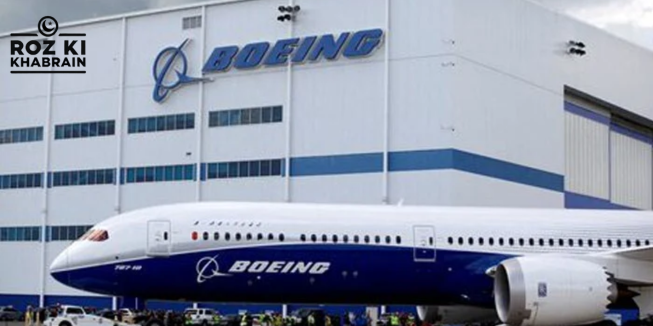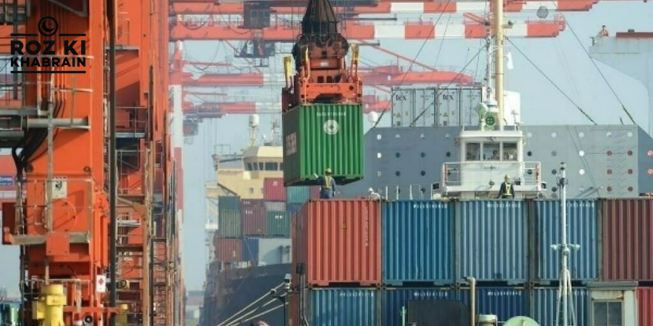Global aerospace giant Boeing plans to issue 60-day layoff notices to thousands of employees, including many from its commercial aviation division, according to a source familiar with the situation.
Affected workers are expected to leave the company by mid-January, with notices being sent out in the coming weeks and the possibility of a second round of notices in December.
A senior U.S. official traveled to Seattle in an effort to address a debilitating strike, while a major airline raised concerns about the escalating issues surrounding the plane manufacturer, as reported by industry sources.
Acting U.S. Labor Secretary Julie Su’s in-person visit follows Boeing’s announcement of plans to cut 17,000 jobs and take $5 billion in charges, continuing a tumultuous year for the company.
Approximately 33,000 Boeing workers have been on strike since September 13, demanding a 40% wage increase over four years.
A spokesperson for the Society of Professional Engineering Employees in Aerospace, which represents Boeing engineers, stated that the company informed the union on Monday about the layoff notices scheduled for November 15.
A Boeing spokesperson confirmed that the company had communicated plans for a 10% workforce reduction in its commercial unit, affecting both union and non-union workers, but noted that the striking IAM employees were not currently impacted.
Brian Bryant, the IAM’s international president, condemned the job-cutting strategy, labeling it as “corporate greed at its worst.” He stated, “Boeing just turned its back on 17,000 of its workers — the same people who have supported Boeing through crisis after crisis, year after year.”
Boeing is opting not to solicit voluntary departures to minimize severance costs and avoid losing essential skills, instead relying solely on involuntary layoffs. Competitors are actively seeking to hire from the limited labor pool to ease pressure on aerospace supply chains.
“The challenge will be retaining the 10% of employees you want to keep, which is even more crucial given the post-pandemic skills shortage,” noted Agency Partners analyst Nick Cunningham.
Boeing has been recruiting workers in anticipation of higher production rates, which have not materialized due to regulatory caps following the malfunction of a door plug on an Alaska Airlines jet earlier this year.




